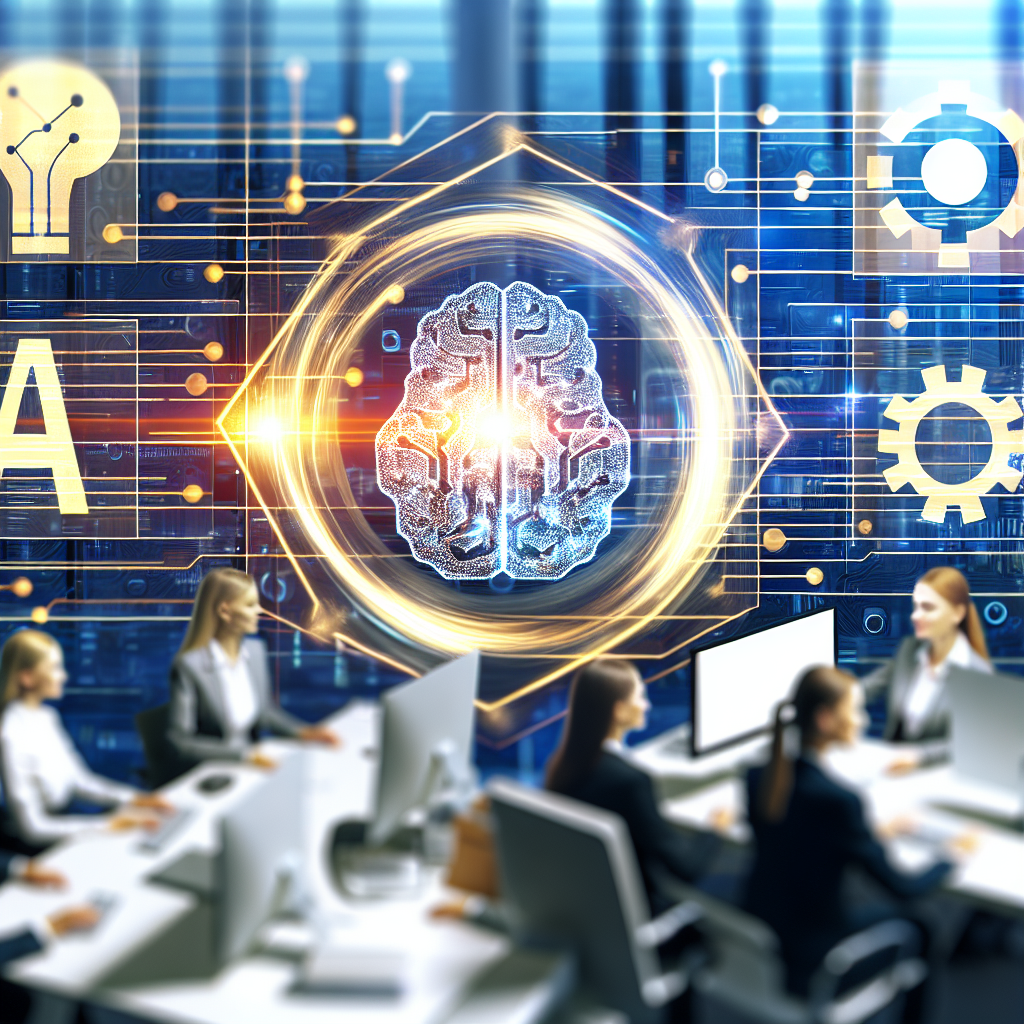Dell's AI Revolution: Enhancing Jobs, Driving Growth, and Navigating Workforce Changes

"The question has been how can our unique operating model work much better with these AI tools."
Dell's Strategic Pivot to AI: Transforming the Workplace
Dell is undergoing a significant shift by embedding artificial intelligence (AI) into its core operations. According to Vivek Mohindra, Dell's senior vice president of corporate strategy, AI is set to transform product development, content management, sales tools, and customer service. This transition aims to automate routine tasks, thereby allowing employees to concentrate on higher-value work.
Enhanced Productivity and Job Fulfillment
The application of AI promises substantial productivity gains. For example, developers can leverage AI for initial code revisions and debugging, freeing them to focus on architectural aspects. Mohindra claims that AI could boost coding productivity by 20-40%. Additionally, AI tools in customer service and content management are expected to streamline workflows, making jobs easier and more fulfilling.
Workforce Restructuring and Upskilling
Despite the optimistic outlook, Dell is also restructuring its workforce, including significant layoffs in its sales division. Mohindra emphasizes that while some roles may diminish, new skills and roles will emerge, necessitating continuous upskilling. This approach aims to ensure employees remain relevant in an AI-driven landscape.
Employee Sentiment and Practical Challenges
However, not all feedback is positive. An anonymous Dell employee criticized the overwhelming focus on AI, describing internal discussions as repetitive and limited in practical application. This sentiment highlights a potential gap between corporate ambitions and employee experiences, underscoring the need for practical implementation strategies.
Conclusion
While Dell’s strategic pivot to AI harbors great promise, it also presents challenges. The company's ability to align its AI vision with practical, employee-friendly implementations will be key. Continuous upskilling and addressing employee concerns will be crucial in realizing AI's full potential in the workplace.
